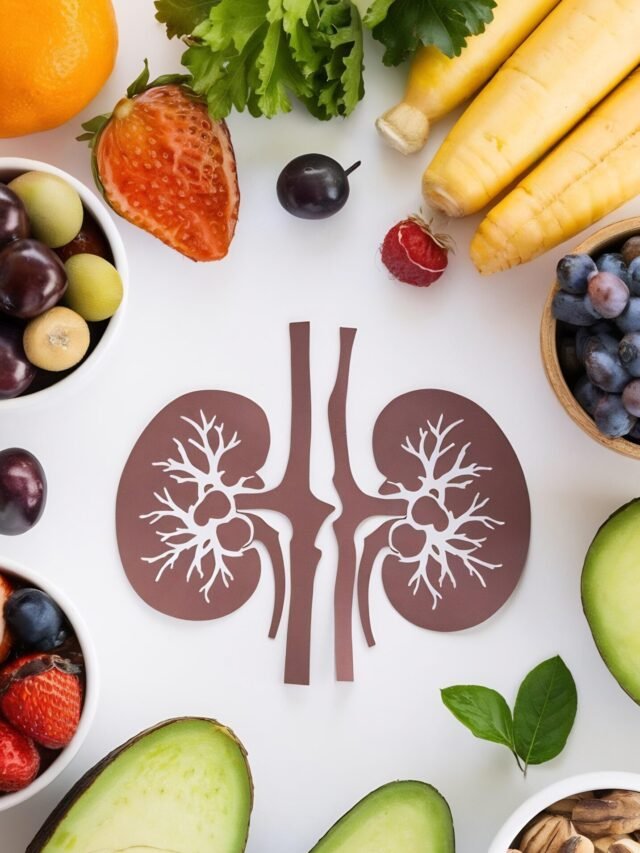Health
Protect Yourself Now: Dengue and Swine Flu Prevention Tips

Dengue
- Cause: Dengue is a viral infection transmitted by the Aedes mosquito, which thrives in stagnant water.
- Symptoms: Dengue can cause a high fever, severe headache, muscle and joint pain, nausea, vomiting, and a rash. In severe cases, it can lead to internal bleeding and death.
- Prevention: There is no vaccine widely available for dengue, so prevention focuses on mosquito control. Eliminate potential mosquito breeding sites by emptying containers of standing water around your home. You can also wear long sleeves and pants and use insect repellent containing DEET when outdoors.
Chandipura Virus: Understanding Symptoms, Transmission, and Prevention
Swine Flu
- Cause: Swine flu, also known as H1N1 influenza, is a respiratory illness caused by an influenza A virus.
- Symptoms: Swine flu symptoms are similar to those of regular flu, including fever, chills, cough, headache, sore throat, muscle aches, fatigue, and vomiting and diarrhea (less commonly). In severe cases, it can lead to pneumonia and respiratory failure.
- Prevention: The annual flu shot typically includes protection against H1N1. Practicing good hygiene, such as frequent handwashing, and avoiding close contact with sick people can also help prevent the spread of swine flu.
Dengue, Zika Virus & More: Stay Safe from Monsoon Mosquitoes in India
Similarities and Differences
- Transmission: Dengue is transmitted through mosquito bites, while swine flu spreads through respiratory droplets when an infected person coughs or sneezes.
- Symptoms: Both can cause fever, headache, and muscle aches, but dengue is more likely to cause a rash and severe pain, while swine flu may include vomiting and diarrhea.
- Treatment: There is no specific treatment for dengue, but supportive care to manage symptoms is crucial. Antiviral medications can be used to treat swine flu.
Boost Hemoglobin Naturally: Add These 9 Foods to Beat Fatigue and Anemia
Stay Informed and Protected
- Be aware of the monsoon season and take steps to prevent mosquito breeding near your home.
- Get your annual flu shot, which typically includes protection against swine flu.
- Practice good hygiene, including frequent handwashing and avoiding close contact with sick people.
- If you experience symptoms of dengue or swine flu, consult a doctor for diagnosis and treatment.
By staying informed and taking preventive measures, you can significantly reduce your risk of contracting dengue or swine flu.
-
Health6 days ago
Is Drinking Cold Water Bad for Your Health? Understand the Benefits and Risks
-
Money2 weeks ago
How to File ITR Online Without a CA in 2025 – Step-by-Step Guide
-
Money3 weeks ago
Oswal Pumps IPO: Date, Price, GMP, Allotment & Full Review
-
Cryptocurrency3 weeks ago
Why You Should Never Buy Celebrity Memecoins | Crypto Scams Explained
-
Beauty1 week ago
Real Reason Behind Dark Underarms: Health Warning Signs, Not Just a Beauty Concern
-
Money5 days ago
Best SIP Mutual Funds 2025: Top 10 High-Return Schemes with up to 27% CAGR
-
Money3 weeks ago
HDB Financial IPO 2025: Dates, Price, Review & Allotment Details
-
How to1 week ago
Transform Your Photos into Stunning Studio-Style AI Portraits with ChatGPT in 3 Simple Steps


























